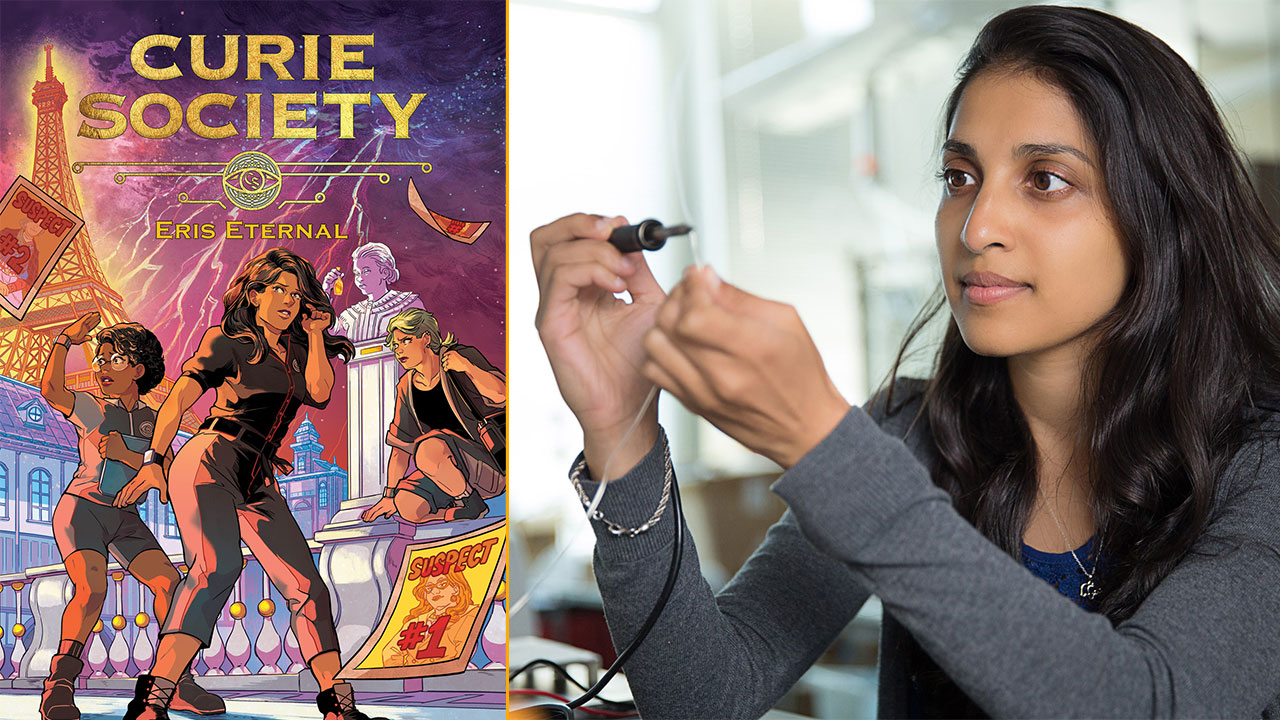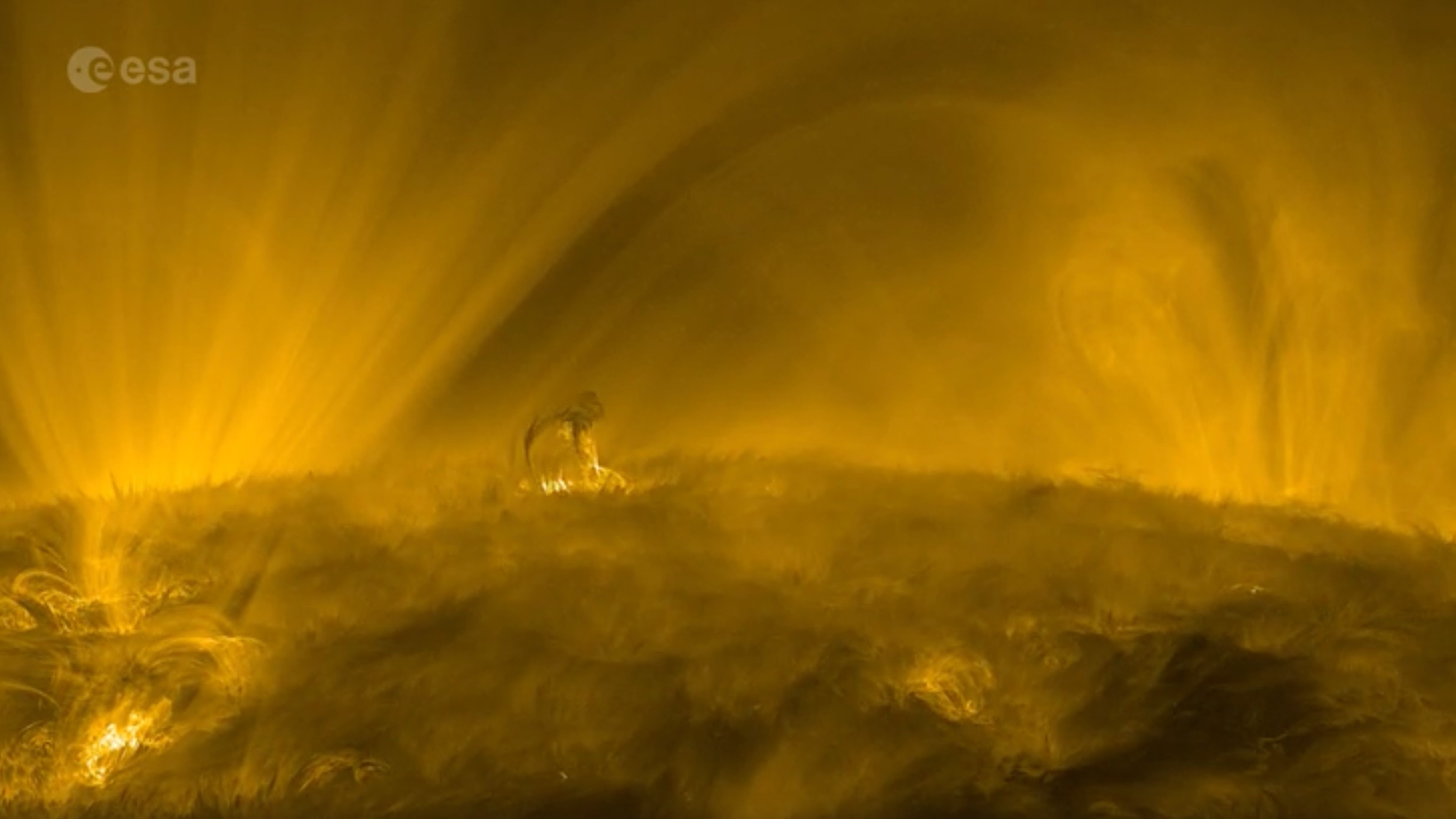Education Sciences, Vol. 14, Pages 454: Identity Trajectories of Faculty Members through Interdisciplinary STEAM Collaboration Paired with Public Communication
Education Sciences doi: 10.3390/educsci14050454
Authors: Renee M. Desing Renee Pelan Rachel L. Kajfez Cassie Wallwey Abigail M. Clark Sathya Gopalakrishnan
Faculty members in science, technology, engineering, and mathematics (STEM) fields are accustomed to presenting their research findings through journal publications, conference presentations, textbooks, and other academic mediums. However, the audience for these traditional forms of communication are other researchers, which raises concerns about how science research and knowledge are communicated to audiences who have less expertise on these topics. We sought to understand how faculty members develop their identities through collaborative professional development opportunities aimed at growing communication skills to communicate with audiences less familiar with research through interdisciplinary science, technology, engineering, arts, and mathematics (STEAM) activities. We conducted a qualitative, longitudinal study with sixteen STEAM faculty members to explore their identity trajectories as their interdisciplinary cohorts participated in various collaborations to engage with public audiences about their research. Through our analysis, we found that each faculty member’s dominant identity played a significant role in their identity trajectory through their professional development. We observed a significant growth in faculty members’ communication skills, such as learning new presentation techniques to engage others in their research areas of expertise and in their understanding of interdisciplinary STEAM collaboration. Our results provide insights into the identity trajectories of faculty members and how their identity development through these interdisciplinary STEAM collaborations will impact their formal education roles as researchers and teachers moving forward.

 1 week ago
12
1 week ago
12


